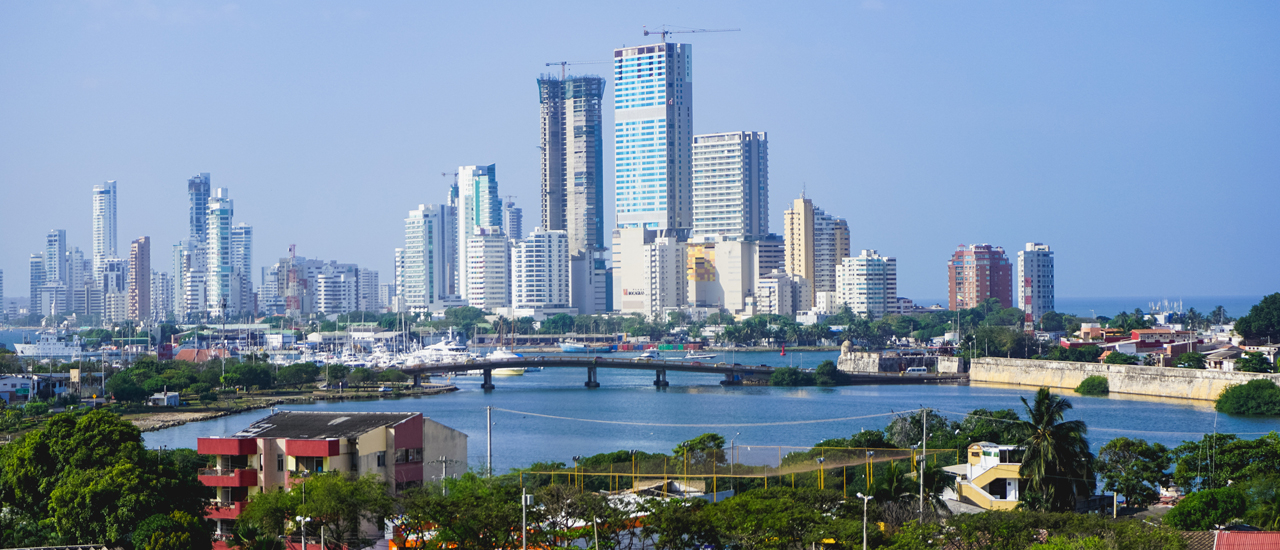
Invest in Colombia: Portfolio and Direct Investment
Foreign investments are operations on the foreign exchange market. The Colombian financial regulations stipulate that these resources must be channelled according to the regulations of the Central Bank (Banco de la República).
Investments made by non-residents in Colombia (inbound investments) and investments made by Colombian residents outside the country (outbound investments) are part of the foreign exchange market, as well as the profits or dividends from these investments.
In terms of inbound investments, there are two main investment groups:
1. Portfolio Investments
These are mainly made up of securities listed in the National Registry of Securities and Issuers (Registro Nacional de Valores y Emisores, or RNVE) which may be, among others, stocks or bonds. Here, an administrator, for example a stockbroker, must be in charge of such an investment, explain the Ecovis experts.
We can advise you on legal and tax matters when investing in Colombia.Giovanny Tellez, Legal Advisor, ECOVIS Colombia SAS, Bogotá, Colombia
2. Direct Investment
Unlike portfolio investments, whose character is mainly speculative, direct investment seeks to develop an activity in Colombia or to be part of an activity or company that is already being developed. In this case, the investor must comply with the guidelines established by the Central Bank.
Although the most common form of investment in Colombia is the transfer of foreign currency to the country through an intermediary on the exchange market or IMC (“Intermediario del Mercado Cambiario”, for example a bank), this is not the only way. Other types of contribution are also possible, for example merchandise or intangibles. In these scenarios, the Central Bank must also be informed that such contributions have been made, in order to settle the exchange balance and avoid sanctions, say the advisors from Ecovis.
Direct investment in Colombia entails certain tax responsibilities on the part of non-residents. If an investment is sold, the investor must file an income tax return with the National Tax and Customs Directorate (Dirección de Impuestos y Aduanas Nacionales, or DIAN) for these operations. In addition, the Central Bank must be informed of these transactions, using the required documentation. To comply with tax obligations, the foreign investor must be registered in the DIAN Single Tax Register (RUT), in addition to appointing an attorney-in-fact in Colombia.
For further information please contact:
Giovanny Tellez, Legal Advisor, ECOVIS Colombia SAS, Bogotá, Colombia
Email: infocolombia@ecovis.co


